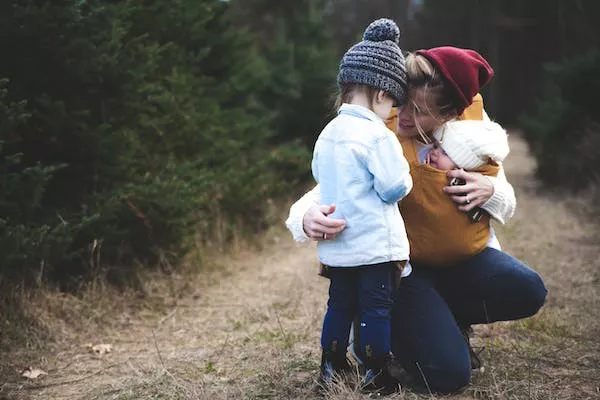In the midst of the conflict in Gaza, the dire plight of 28 newborns from Al Shifa Hospital has garnered global attention. Born prematurely just before the outbreak of war, these infants faced worsening conditions in the besieged hospital. Their harrowing journey unfolded as they were evacuated to Egypt, accompanied by Lobna al-Saik, the mother of one of the infants.
Al-Saik, visibly exhausted, shared her ordeal in a video interview provided by the Egyptian government. “They are innocent children, premature babies,” she emphasized, delivering a heartfelt message to the world: “enough.”
The evacuation, which took place on Monday, involved a convoy of ambulances transporting the infants from a hospital in southern Gaza through the Rafah border crossing into Egypt. Egyptian television footage depicted medical staff carefully transferring the tiny babies from Palestinian ambulances to mobile incubators, eventually wheeling them towards awaiting Egyptian ambulances.
The 28 infants, part of a larger group of 31 moved from Al Shifa Hospital to a maternity hospital in Rafah on Sunday, were dressed in only nappies and tiny green hats as they made their way to Egyptian hospitals.
Dr. Rick Brennan of the World Health Organization (WHO) disclosed that, of the 31 infants, 11 or 12 were in critical condition, while the rest were seriously ill. He highlighted the urgent need for specialized care due to serious infections and low body temperatures.
WHO Director-General Tedros Adhanom Ghebreyesus confirmed that 12 of the babies had been transported to Cairo. The newborns initially gained global attention when images surfaced eight days ago, showing them lying side by side on beds at Al Shifa Hospital after their incubators lost power during the military assault on Gaza City. Tragically, eight of the infants have since succumbed to their precarious conditions.
Lobna al-Saik shared the personal details of her own experience. Her premature baby had been receiving oxygen at Al Shifa due to breathing difficulties when the war broke out. The family, torn apart by the conflict, evacuated their home on the third day of the war to escape Israeli bombardment. Al-Saik, along with her three other children, sought refuge in the south of the Gaza Strip, while her newborn remained at Al Shifa.
As conditions at Al Shifa deteriorated, with shortages of essential resources, the baby’s health declined. Al-Saik recounted, “There was no milk, and she kept getting worse, she was back to zero, living on oxygen again.”
The emotional toll was evident as al-Saik, reunited with her baby in Rafah, had to leave her other children behind in Gaza to accompany her ailing daughter to Egypt. The lack of goodbyes left her in anguish, fearing for their safety amidst the ongoing conflict.
Jeremy Hopkins, head of UNICEF in Cairo, stated that the agency is working with Egyptian authorities to assess the circumstances of each baby, ensuring support beyond immediate medical care, especially for those without relatives present.
Dr. Mohammad Salama, head of the neonatal unit at Al-Helal Al-Emairati Maternity Hospital in Rafah, reported that the babies, upon arrival from Al Shifa, were in a “catastrophic condition.” Some suffered from malnutrition, dehydration, and low temperatures. He reassured that the three babies who remained in Rafah were in stable condition after the hospital worked diligently to stabilize them before evacuation.
The conflict, triggered by Hamas fighters in southern Israel on October 7, has resulted in a devastating toll. Israel’s relentless bombardment of Gaza, coupled with a ground invasion, has claimed the lives of at least 13,000 Palestinians, including 5,500 children, according to health officials in the Hamas-controlled enclave. The war has displaced three-quarters of Gaza’s population, leaving them homeless, according to U.N. figures.


